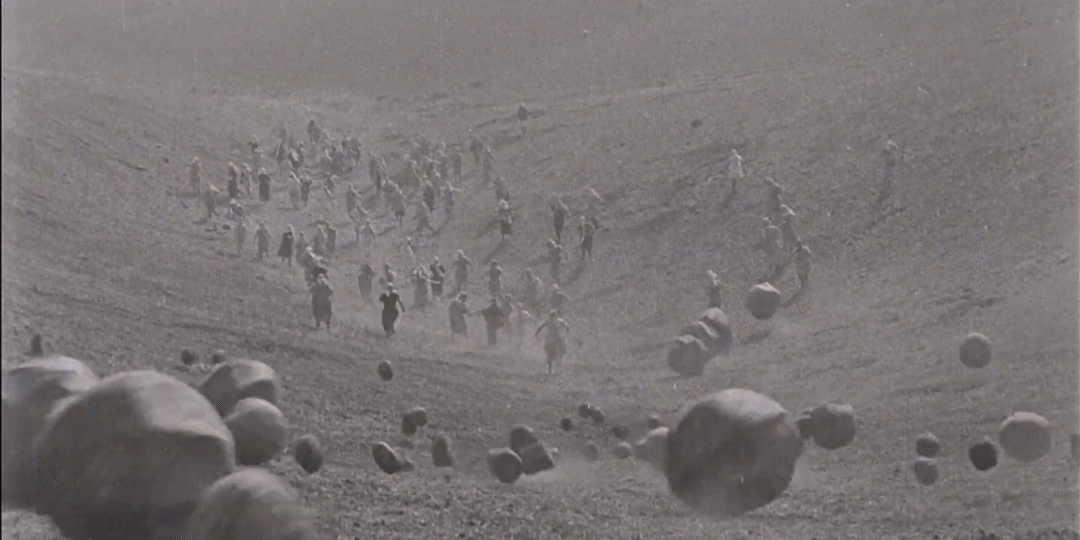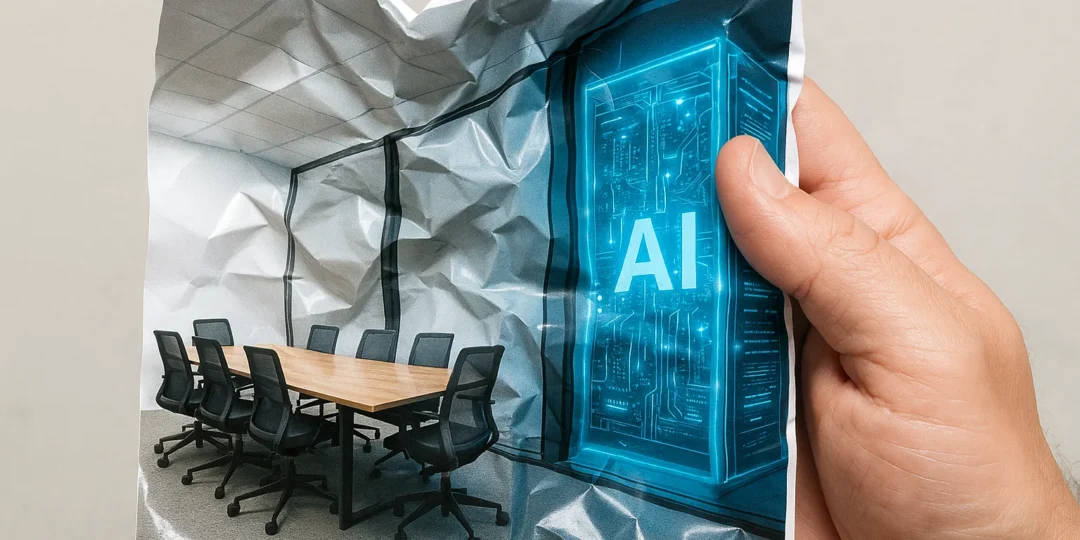Why Breakthroughs Disappoint and Work Delivers
You know that feeling when you read about the latest “breakthrough” technology that’s going to change everything—fusion finally working, quantum computers achieving some new milestone, brain-computer interfaces getting closer to reality—and part of you feels excited but part of you thinks, haven’t I heard this before?
I’ve been carrying around a low-level disappointment about technology promises for years now. Remember when VR was going to transform everything? You bought into the hype, got a headset, used it enthusiastically for maybe two weeks, and now it’s gathering dust in a closet. Or self-driving cars: we’ve been perpetually “just a few years away” from full autonomy for over a decade now (and the current rollout still relies on an operations centre with remote drivers). Blockchain was going to revolutionise everything from voting to supply chains, but mostly it revolutionised speculation and energy consumption.
This got me wondering: why does this keep happening?
Continue reading



